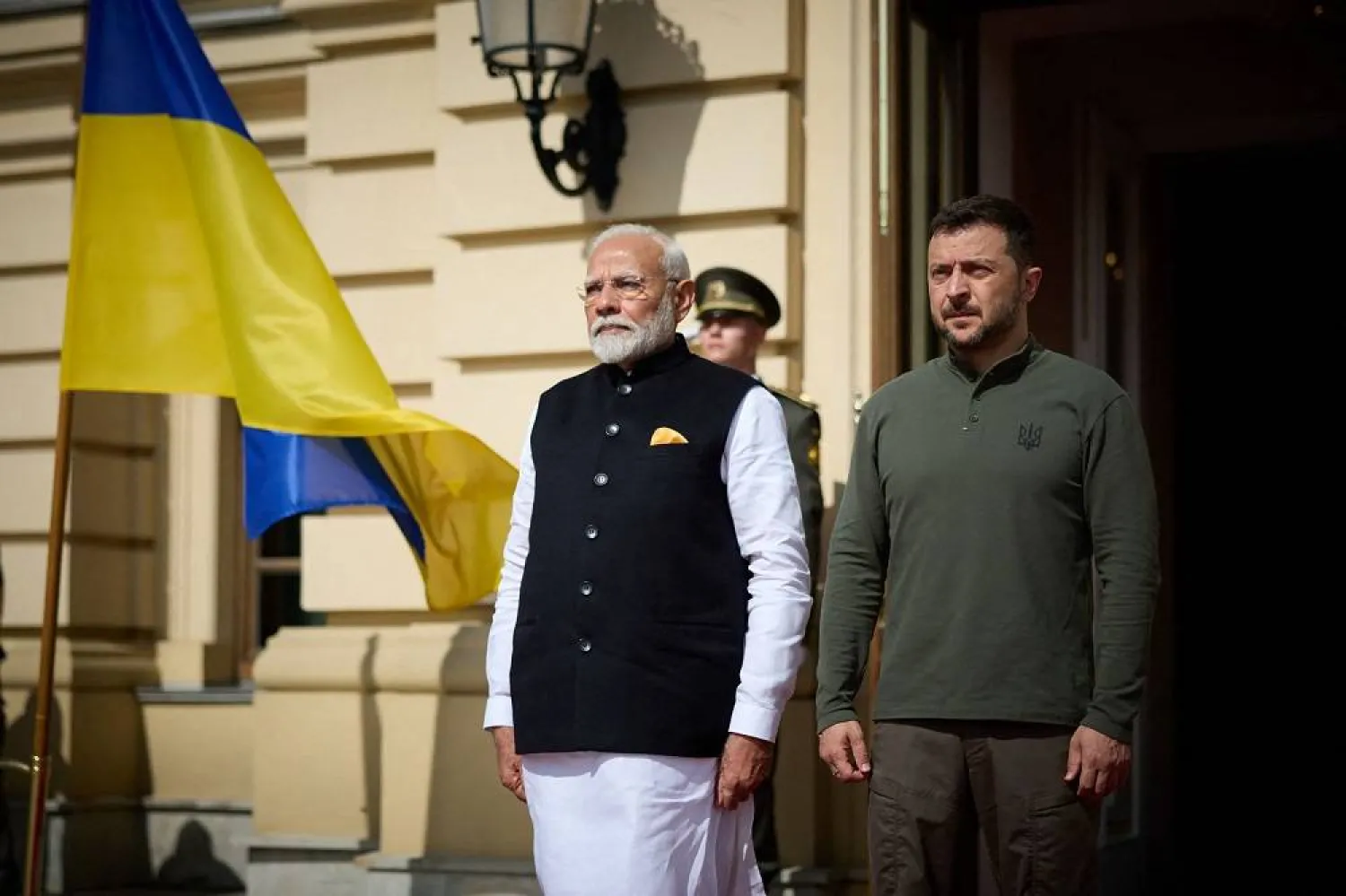US President Joe Biden and Indian Prime Minister Narendra Modi on Monday discussed the Russia-Ukraine war following Modi's visit to Ukraine, along with the situation in Bangladesh where protests led to the ousting of former leader Sheikh Hasina earlier this month.
Modi posted online that he discussed the situation in Ukraine with Biden over the phone and "reiterated India's full support for early return of peace and stability."
He also said the two leaders stressed "the need for early restoration of normalcy, and ensuring the safety and security of minorities, especially Hindus, in Bangladesh."
The White House issued a separate statement, saying Biden commended Modi's recent visit to Poland and Ukraine, and that both leaders expressed "support for a peaceful resolution of the conflict in accordance with international law, on the basis of the UN Charter."
Last week, Modi visited Ukraine in the first visit by an Indian prime minister in modern Ukrainian history. It came at a volatile juncture in the war launched by Russia in February 2022. Moscow is making slow gains in eastern Ukraine as Kyiv presses a cross-border incursion.
Modi urged President Volodymyr Zelenskiy to sit down for talks with Russia to end the war and offered to help bring peace.
Modi's Ukraine visit followed a visit he made to Russia in July where he embraced President Vladimir Putin on the same day that a deadly Russian missile strike hit a children's hospital.
That visit angered Ukraine and the US State Department said it raised concerns with India about ties with Russia.
Moscow has been a large weapons supplier to India since the Soviet Union days. Washington in recent years has looked to woo New Delhi to counter China's influence.
Modi said the two leaders also discussed the situation in Bangladesh where about 300 people, many of them university and college students, were killed during protests that began in July with students agitating against quotas in government jobs before the events spiraled into demonstrations to oust long-serving former Prime Minister Hasina.
An interim government headed by Nobel Peace Prize winner Muhammad Yunus was sworn in after Hasina fled to India.









